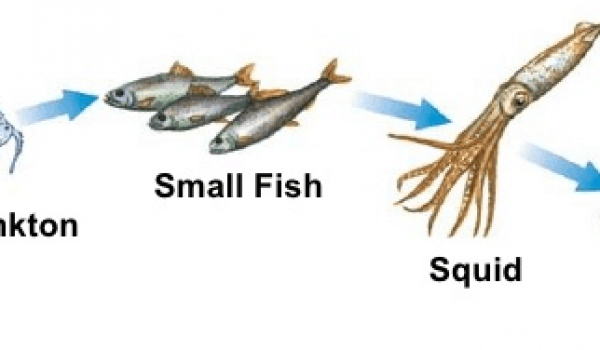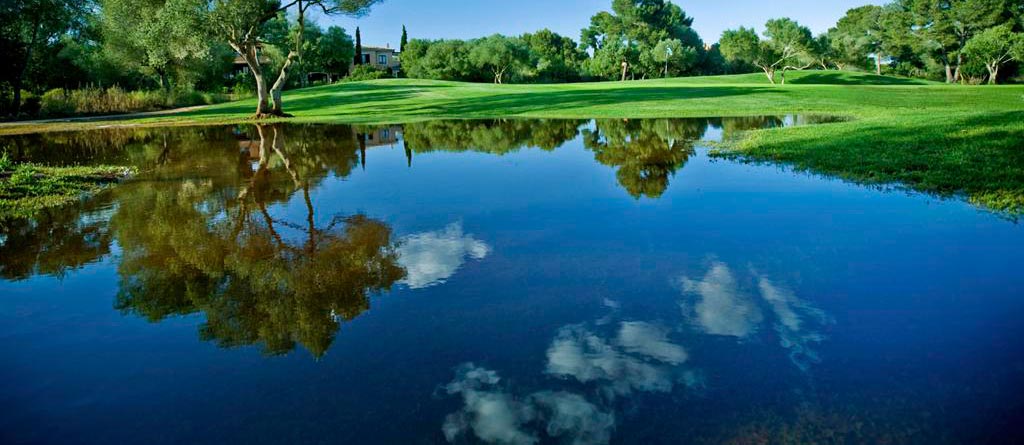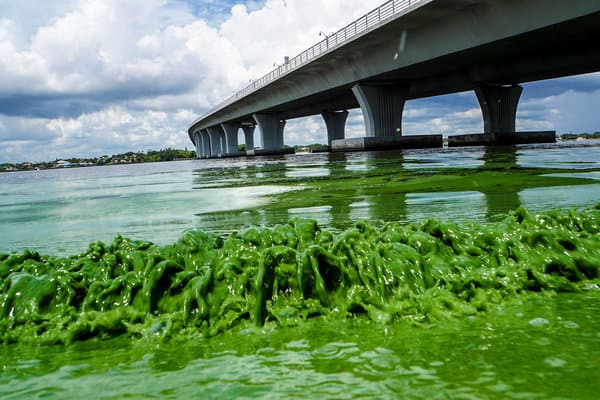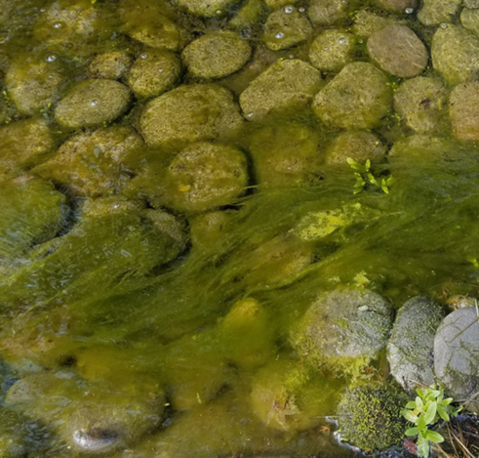Like other terrestrial and aquatic plants, algae have their advantages and purposes, no matter how harmful they may be to the environment. Yes, too many algae in the water give the other animals and plants great competition for the nutrients contained in the water.
Even then, algae play an important role in the nutrient cycle and in oxygen emissions. To grow and thrive in water, they use sunlight in cell tissue. They are then eaten by aquatic animals, then extracted and growing again. In addition, a significant portion of the planet’s oxygen comes from the ocean, and algae account for more than half. Like other plants, algae are also an important consumer of carbon dioxide and then return oxygen to the water.
However, there are measures you should take action for Algae control. Things like reducing the amount of nitrogen that gets into the water, continuously monitoring the growth of algae, and improving the bacterial response to the excess nitrogen in the water.
Algae grow quickly
If algae are left to stand for a few hours, they multiply in bulk. For this reason, it can be harvested daily, which means that a lot of biomass and biofuel can be produced. The biomass and biofuel they produce are more important than those of other agricultural products.
The basis of the food chain
If you want to produce natural food for your pet fish and plants in your pond, algae may be what you’re looking for. An alga is the basis of all food chains in the water. This is because only sunlight is needed to grow and multiply. It is then eaten by microscopic animals, which are then food for fish and other marine animals.
Minimize water toxicity
Great results can be achieved with a controlled amount of algae in your pond. Algae are indispensable in your pond because, together with other microorganisms and other plants, they can minimize the level of nitrogen and other harmful substances in the water, which can also damage aquatic life. Seaweed Soak up nitrogen and convert it to other gases, such as oxygen, which is suitable for your pet fish and plants in the pond.
Microalgae biomass can be converted into food, fuel and animal feed
Microalgae are rich in protein and oil and therefore an excellent source of biofuels. It can also be converted into animal feed in large quantities. Not only in animals, but also for various medical experiments to advance human health progress. Not to mention that there are already many nutritional supplements that contain microalgae.
Algae can clean wastewater
Algae can thrive even in a dirty environment such as sewage, wastewater and other industrial toxic waste. It also cleans the water and acts as a filter for the pollutants present in the region. It continues to be able to produce biomass that can also be used as a biofuel in toxic environments.
Soil additive
If you want to make your plants safer and have a more natural environment, you can achieve excellent results with controlled algae in your pond.
As you know, nitrogen is a key nutrient that plants need to thrive and advance to the next phonological stage. Unlike other plants, algae are the only aquatic plant that absorbs nitrogen and releases nitrogen back into the water when it dies. This event is known as nitrogen fixation.
It is not only helpful for growing your pond plants, but also for suppressing harmful bacteria and other toxic substances in the water. For this reason, fertilizers and other artificial products are no longer required for plant growth.
Algae also consume carbon dioxide
Like any other plant, algae can also absorb carbon dioxide. While it also absorbs sunlight, it also uses carbon dioxide to grow and thrive. They then release oxygen in the water for the aquatic animals. If you live near a factory or industrial plant, algae can also help clean your water sources, as they need a lot of carbon dioxide to thrive, which is found in industrial plants and factory emissions.
Bring away
Many people believe that algae are a sign that your pond is slowly dying. Whenever this happens, people despair and do everything possible to get rid of algae. However, the presence of algae in the water is not a bad thing at all.
Useful things like oxygen emissions, the ability to fix nitrogen, and the healthy food source for aquatic animals are just a few of the things that could make your pond alive. Algae are the basis of the food cycle in the water, and without them there is a high probability that your pet fish do not have the right nutrients and the pond is susceptible to toxic substances.
 TopsDecor.com Home Decor Ideas
TopsDecor.com Home Decor Ideas







